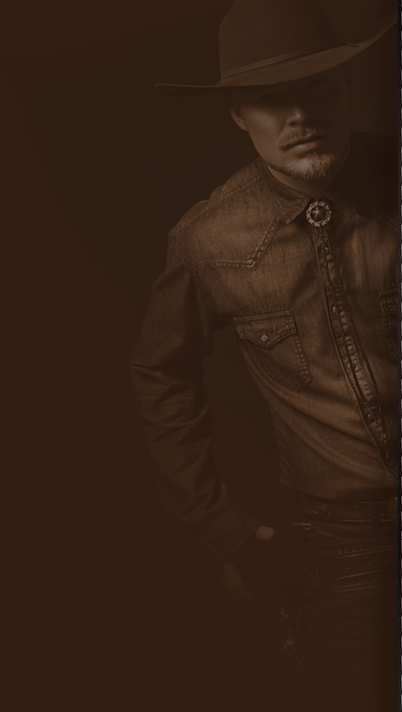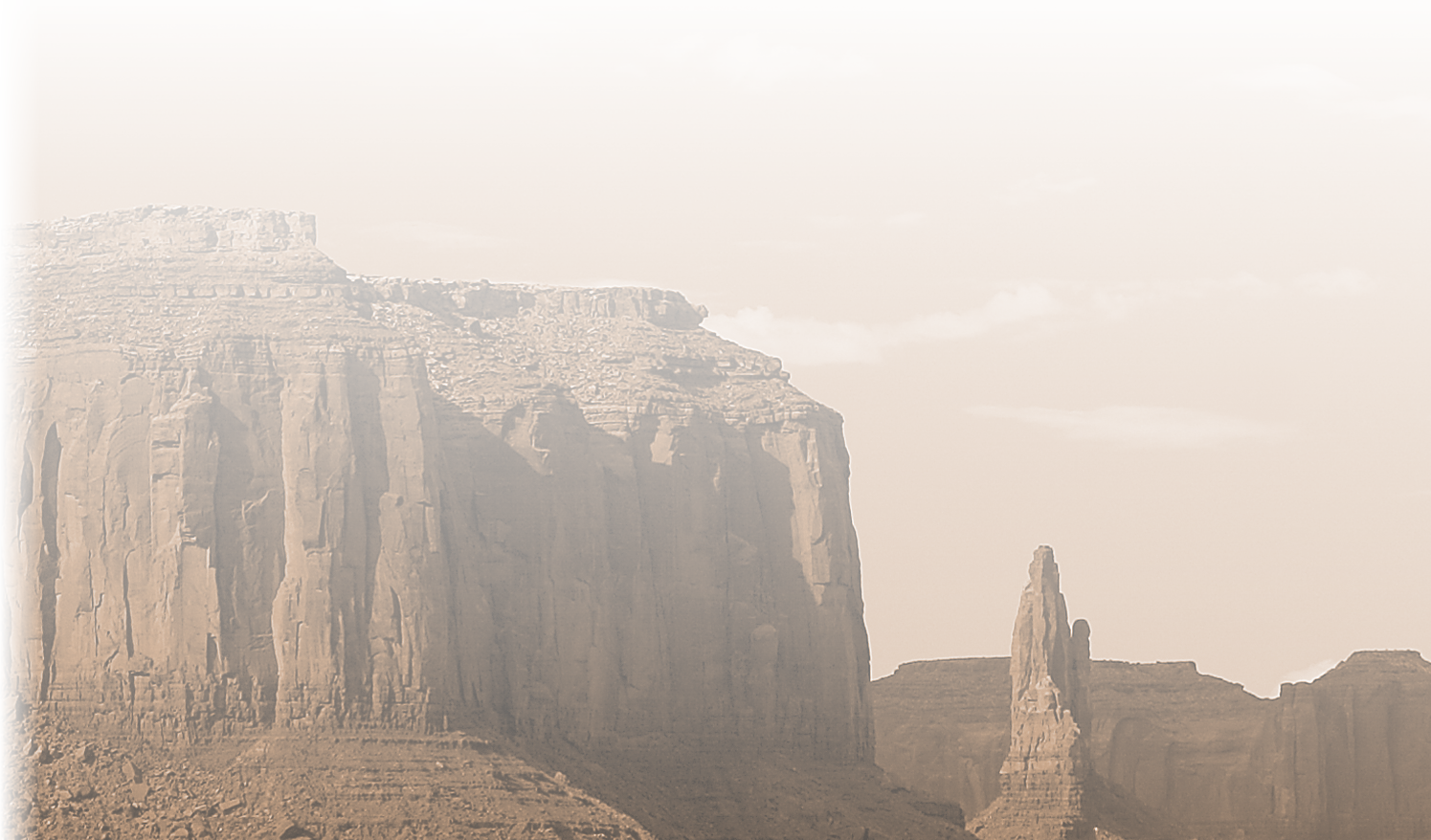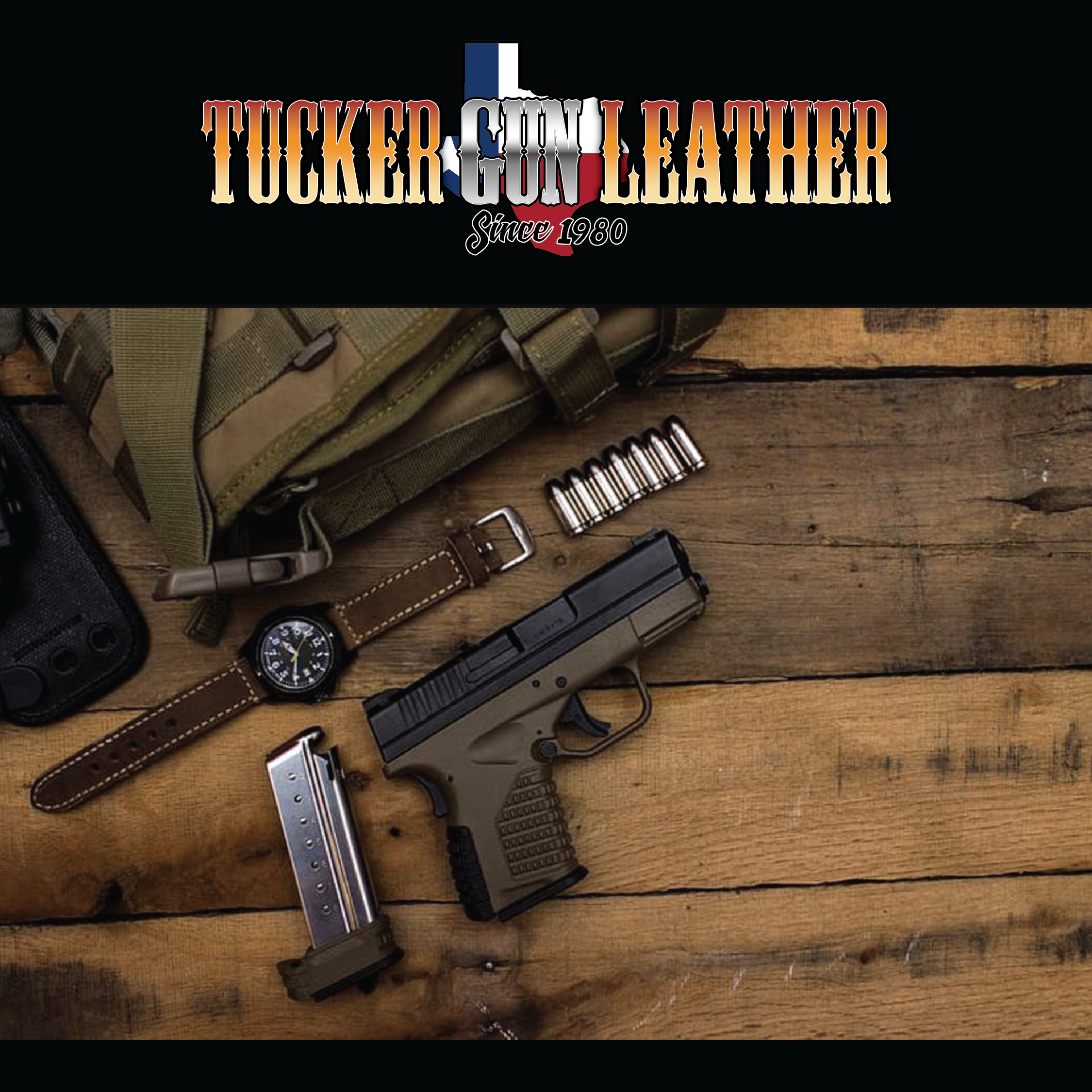Barrel length - Does it matter? (Yes)
on 3rd Nov 2021
By Ben Baker
In the search for the best carry, you have some decisions to make. One of the decisions is barrel length. Does barrel length matter?
In a word, yes. In a longer word, barrel length has several effects.
Accuracy
Is a longer barrel on a handgun more accurate than a short barrel? If you are looking at barrel lengths from around 3 inches to 6 inches, the accuracy difference is irrelevant at self defense distances. Most self defense work happens at less than 20 yards and frequently under five yards.
At that distance, you should be able to group your shots pretty tightly. If you cannot hold consistent, tight groups, you need more range time. Practice makes perfect.
Barrel length does matter in another way, getting a good sight picture. A longer barrel means you line up the front and rear sight easier.
Draw a straight line.
If you use a yardstick, you can make a very long straight line. You can extend that line and keep it pretty straight without much trouble. Now try to draw a straight line with a ruler only an inch long. Making that first line is easy. Extending the line and keeping it straight becomes much harder.
Take this to an extreme. Look at a Buntline and compare this to a snub nose .22. Which is more accurate?
For barrel lengths from rifle down to pistol length, we have evidence. A few years ago firearms instructor and police chief Joseph Saxon and a detective in his department took a Savage single shot .223 with a 26-inch barrel and started shooting. After a group, they chopped the barrel.
Saxon reports accuracy was consistent until they hit the 10.5-inch mark. Accuracy began to drop. Someone may say this is using a rifle for handgun accuracy. AR15 pistols with barrel lengths of 7.5-14 inches are common, so the complaint is not valid.
Beyond that, compare the accuracy of a 4-inch barrel handgun with a carbine shooting the same round. The carbine is almost always more accurate.
Recoil
Longer barrels reduce recoil. Simple physics says a heavier gun has less felt recoil than a lighter gun in the same caliber and same bullet. A .357 snub nose packs more wallop on the back end than a .357 with a 6-inch barrel.
Muzzle brakes also tame recoil, but that's not always an option in handguns. Some guns, particularly in the magnum calibers or custom barrels for other guns, will have ports in the barrel that tame recoil.
Velocity
People might argue accuracy and recoil with handguns, but the science on velocity is solid. Longer handgun barrels deliver more velocity. Again, it is a simple matter of physics.
A longer barrel means the expanding gasses have more room to push the bullet. That means a faster projectile.
Of course, there is a limit to this. Make a barrel long enough and the gasses stop expanding and bullet velocity drops. However, that limit is reached only in long guns, not handguns.
The NRA's Shooting Sports USA took at look at barrel length and velocity and found weather, ammo and barrel types also affect velocity. It is important to note that a higher velocity short barrel in these tests was only 3/4 of an inch shorter. Had the test compared a 5-inch barrel to a 10-inch barrel, the results would consistently show the 10-inch delivered faster shots every time with the same ammo.
Need
Velocity also matters when you talk about need. In short, what do you need the bullet to do? If you are hunting deer with a .44 mag, would you prefer a snub nose or an 8-inch barrel?
Many experts say "knockdown power" is so much nonsense, but the terminal performance of a bullet genuinely matters. Most states put a power limit on what firearms can be used to hunt deer. In Africa, hunting dangerous game means you must pack enough firepower to stop a charging Cape buffalo. A Beretta 9mm won’t do.
If you are hunting, you need enough foot pounds of energy for an ethical kill. If you carry for self-defense, you need enough bullet to stop the threat as soon as possible. Certainly, the caliber you choose has a lot to do with foot pounds.
Experts are sharply divided on stopping power. Some studies on shooting victims show small calibers are just as effective in taking care of two-legged predators as large calibers. A study in the Journal of the American Medical Association from 2018 looked at shooting victims in Boston. That study showed bigger calibers were twice as likely to stop the threat than smaller calibers.
A good way to see this in real time is to look up ballistic gel videos on YouTube. While this is not perfect, it is consistent. Watch the slow motion. A 9mm creates a much larger hydrostatic wound than a .22. Longer barrels, with more velocity, also penetrate farther. Penetration, as discussed in the caliber choice article above, is important.
Longer barrels deliver more foot pounds of energy because that is a direct result of the weight of the projectile and the speed of the project as it heads down range. Ballistics by the Inch has done all the heavy lifting here. Pick your caliber and see what a difference barrel length makes.
Recoil, velocity and energy are major reasons most law enforcement agencies use a 9mm these days. Yes, the Mossad, Israel's intelligence division, certainly proved over and over how effective a .22 can be. Those guys also spent many hours on the range and are some of the best shooters on the planet.
Concealability
Barrel length becomes a critical matter when you are trying to carry concealed. A Dirty Harry Hogleg looks impressive and packs a serious punch, but you are not going to hide it very well. A compact .380 can slip into a pocket holster so you can carry it wearing shorts, flip flops and a cutoff T-shirt.
A standard size semi auto can tuck neatly inside the waistband. The same gun with an extended barrel or a brake or can probably will not let you sit down comfortably.
If you intend to carry concealed, barrel length matters.
If you are going open carry, for whatever reason, you can get away with a longer barrel. A 10-inch .44 mag will ride on your hip and with a tie on the bottom to wrap around your thigh, it will not slop around.
Practice Matters
Regardless of the barrel length and gun you choose, practice matters. In a critical situation, you must be able to meet the demand. Hit the range and burn powder. Unload your carry piece and practice your draw from a variety of positions. The more you practice, the better and safer you will be.










